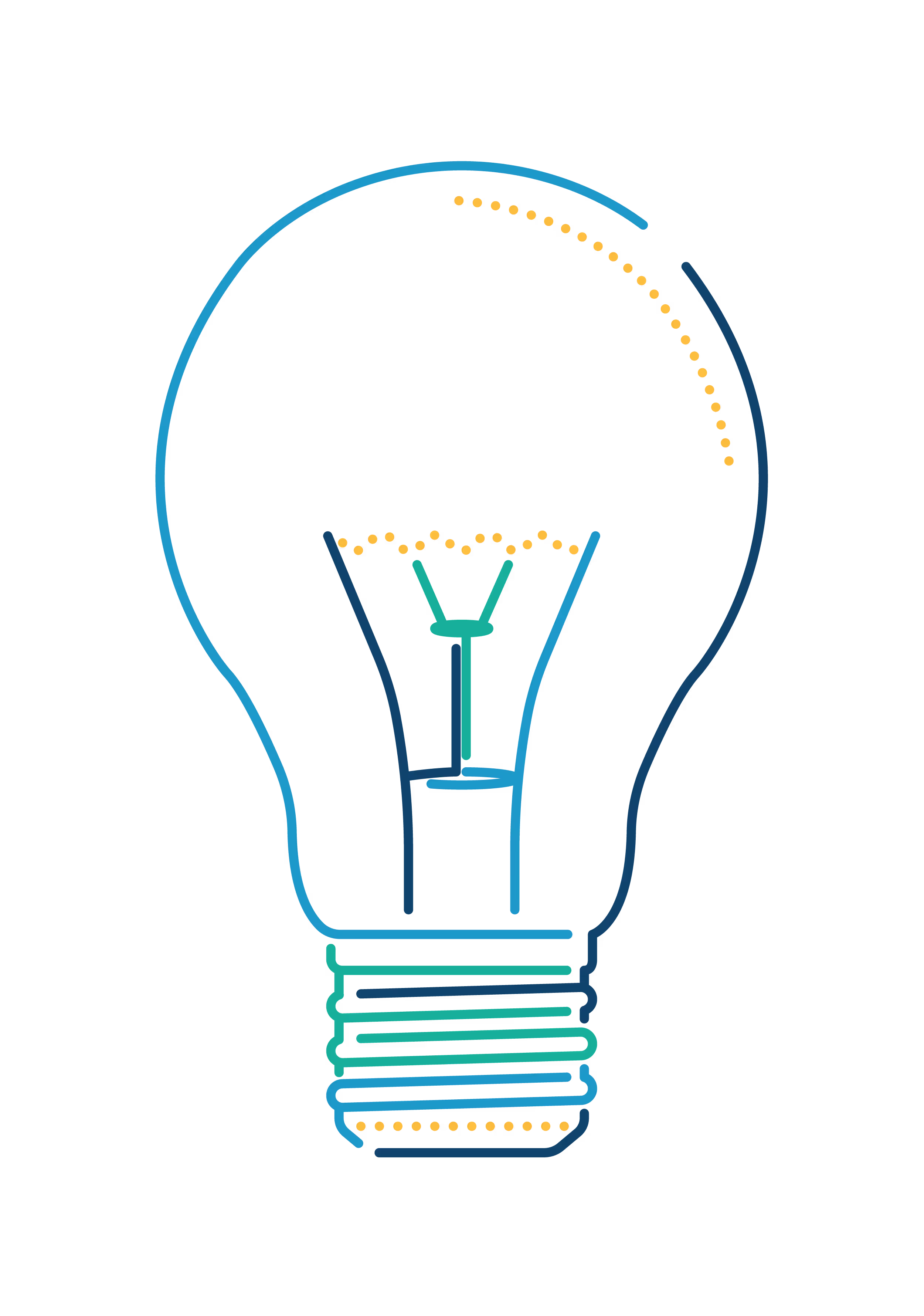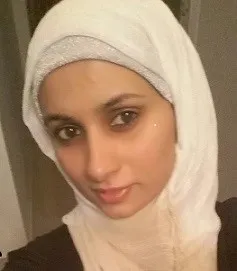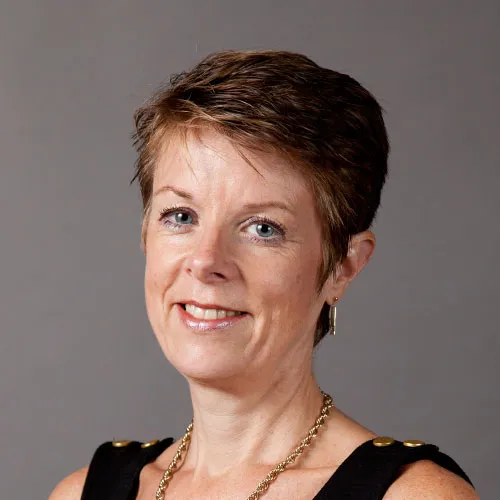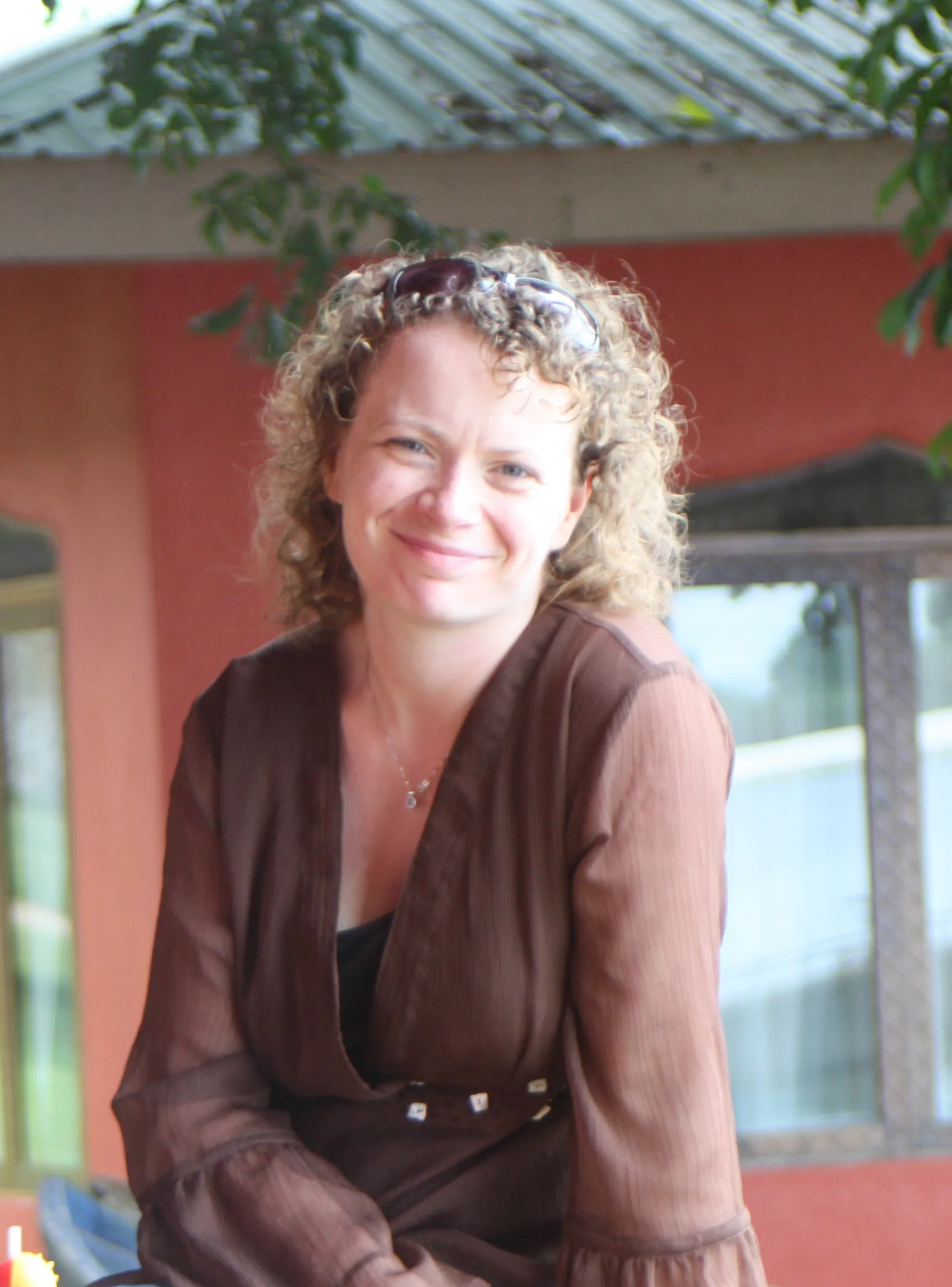In the beginning....

The idea for the project was conceived when, in 2015, I spoke to a protection officer at UNHCR Rwanda, about my work as a Speech and Language Therapist (SLT) with people with communication disabilities. A mission had recently taken place with a senior disability advisor from UNHCR Geneva who had conducted a study across the refugee camps in Rwanda on how refugees with disabilities access services. The mission report highlighted the vulnerability of refugees with communication disabilities to sexual and gender-based violence (SGBV) and abuse and, in particular, their reduced ability to report incidents and pursue legal proceedings.
What exactly is a communication disability? People have very different ideas about what this means, and Rwanda is not the first place I have been asked what a SLT does! In essence, we work with people who experience difficulties understanding and / or using spoken language to communicate their thoughts, needs and feelings to others. Some of these people might use a little, or a lot, of language and some may not talk at all (people who are non-verbal). Much of the time, communication disability is part of a wider condition, such as a neurological or developmental disability, and is often overlooked as a form of disability.
Researching into this issue further by looking at available academic and humanitarian program literature and policies, I discovered that, in terms of vulnerability to SGBV, women and girls are considered the most vulnerable followed closely by those with disabilities. People with communication disabilities have been described by perpetrators as ‘the perfect target’ as they are far less able to report abuse, describe the perpetrator effectively and follow through with legal proceedings, allowing the abuser to walk free or continue with their abusive behaviours. Add to this the vulnerability of women and girls with communication disabilities in forced displacement (another factor that significantly increases vulnerability to abuse) and we are possibly looking at the most vulnerable to SGBV being refugee-women and girls with disabilities – particularly those with limited communication.


A group of us began to think about the problem more. As a communication disability expert, I could imagine the difficulties that refugee-survivors of SGBV with communication disability would face in accessing support and redress following abuse. Sidra Anwar, at UNHCR, could see the potential gaps in their systems of reporting and support to people with communication disability and the risks related to their vulnerability. She was keen to look at this in more detail with UNHCR’s partners. We faced a lack of evidence on the difficulties that people with communication disability experience, which we knew we would have to be addressed before anything more could be done. We contacted Dr. Julie Marshall – a researcher in Communication Disability and Development at Manchester Metropolitan University (MMU) in the UK – to help us devise a way to find the information we needed to determine the nature and scale of the difficulties facing refugee-survivors of SGBV who have communication disabilities. The partnership between UNHCR Rwanda, Communicability Global and MMU was born, but not complete!
We needed an innovation partner to help conceptualize new and pioneering ways to ensure inclusion of people with communication disability across SGBV service provision in humanitarian contexts. Lise Capet, of The Institute for Human Centered Design (USA), came on board as our ‘blue sky’ thinker.
The end result was a small, but perfectly-formed, team of experts in humanitarian response to SGBV communication disability and service provision in resource-limited settings research and innovation.
With our HIF seed-funding, our project to find out more about the nature of the difficulties that refugee survivors of SGBV with a communication disability face in accessing medical and psycho-social support and legal redress was off the ground……!

Helen Barrett
Specialist Speech and Language Therapist and Inclusion Advisor
Communicability Global
Stay updated
Sign up for our newsletter to receive regular updates on resources, news, and insights like this. Don’t miss out on important information that can help you stay informed and engaged.
Related articles


.png)
Explore Elrha
Learn more about our mission, the organisations we support, and the resources we provide to drive research and innovation in humanitarian response.